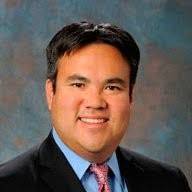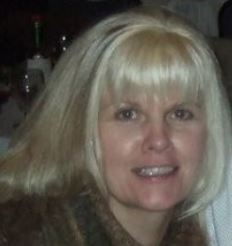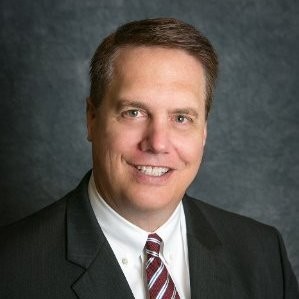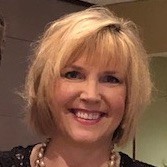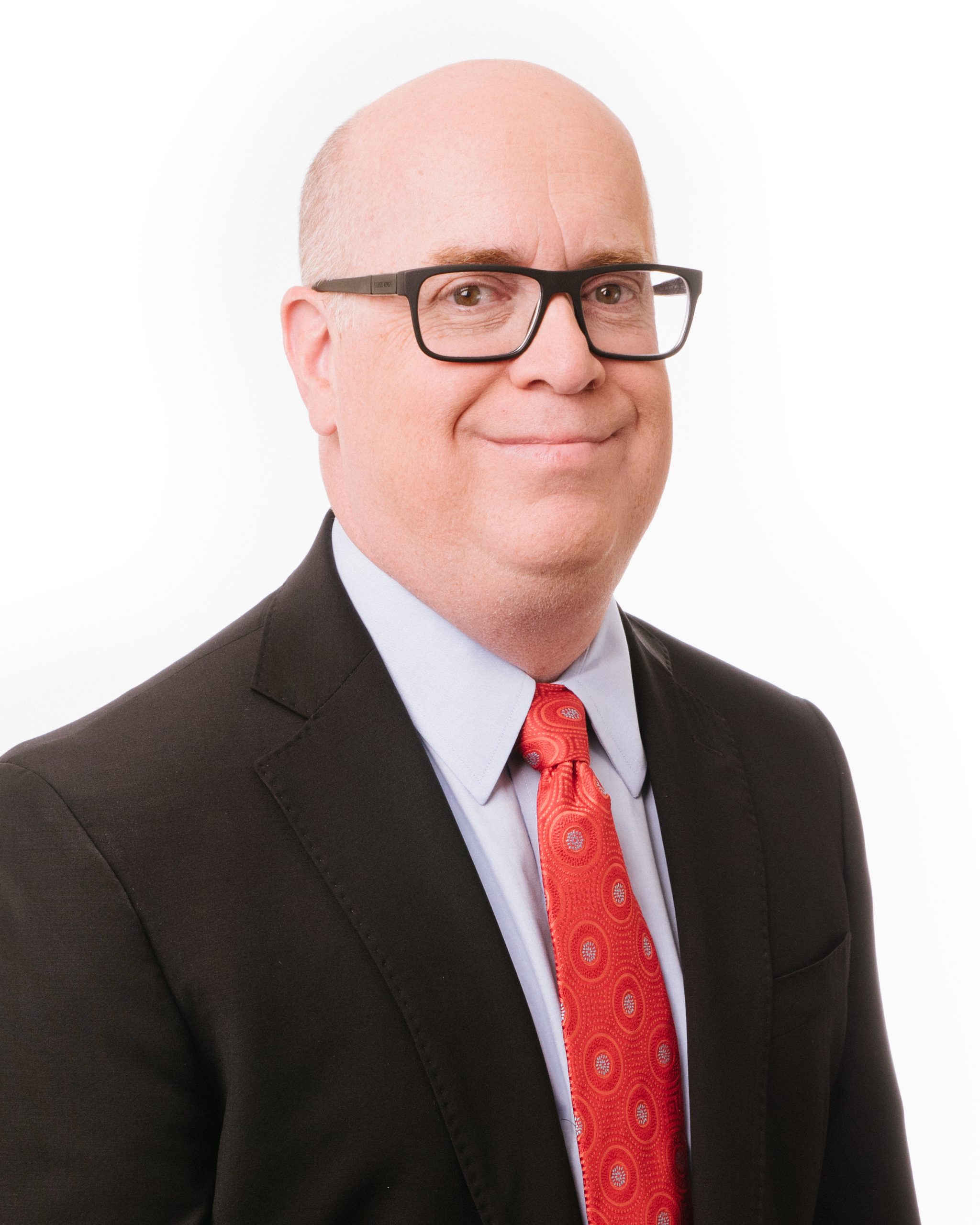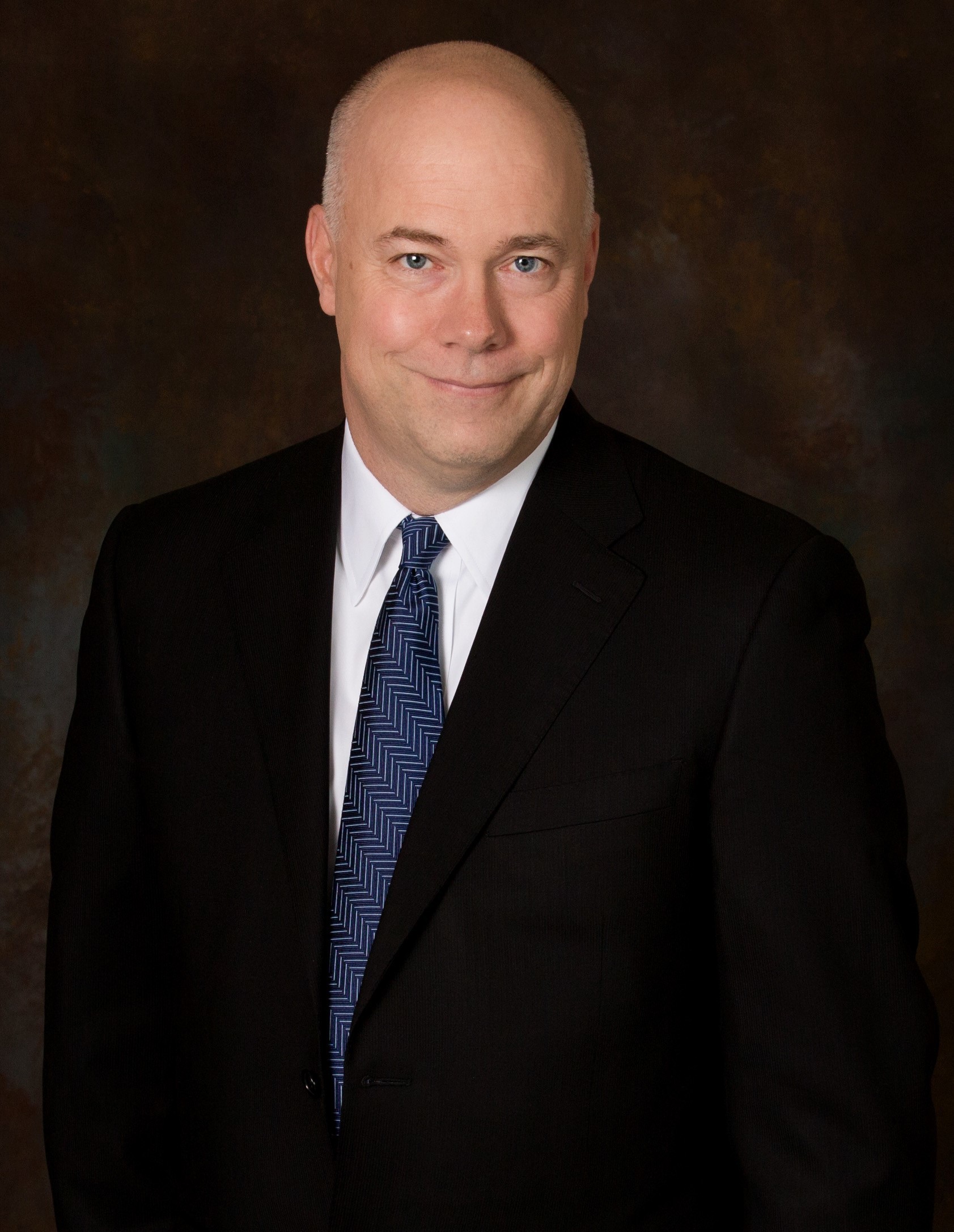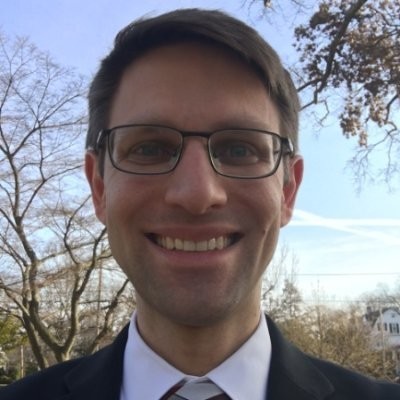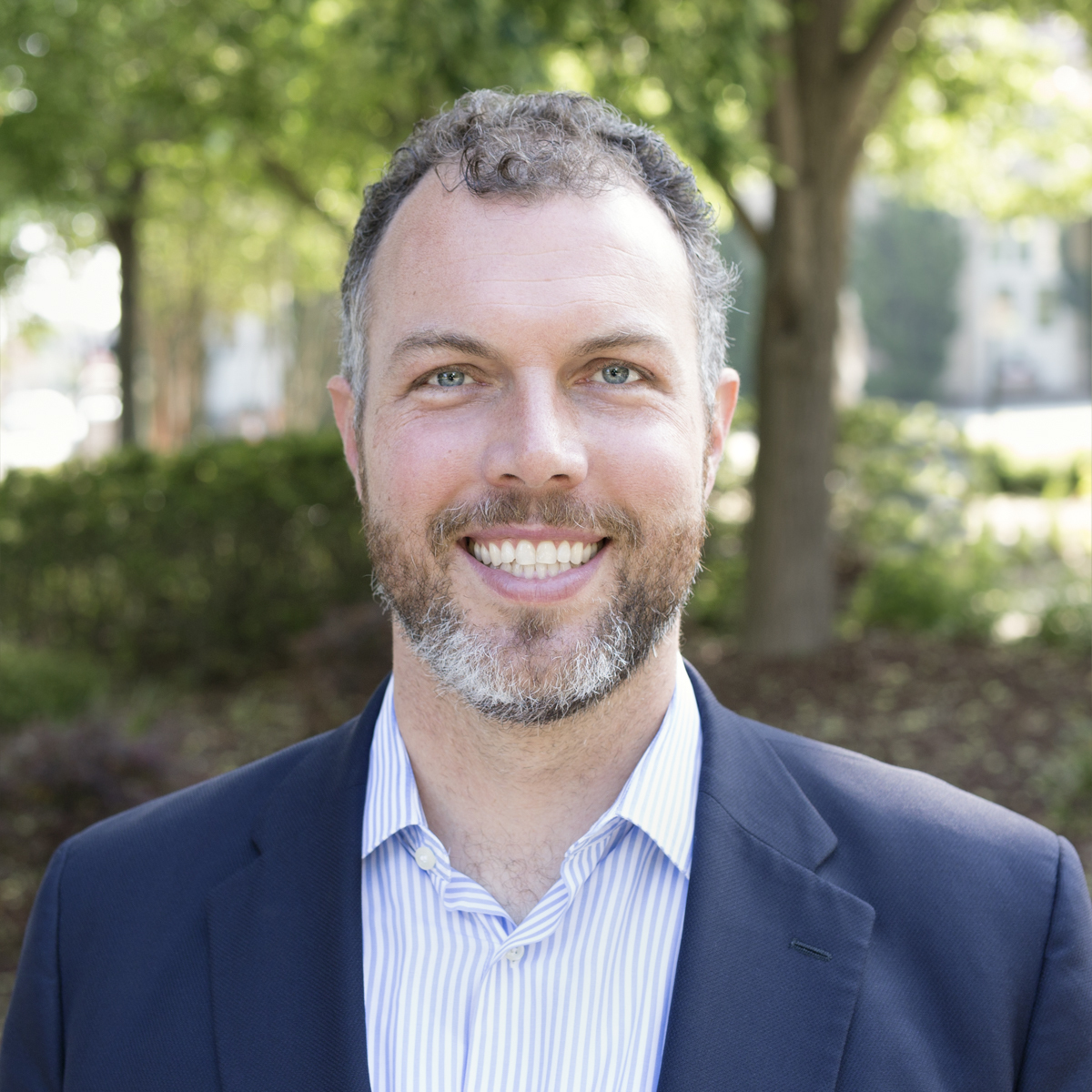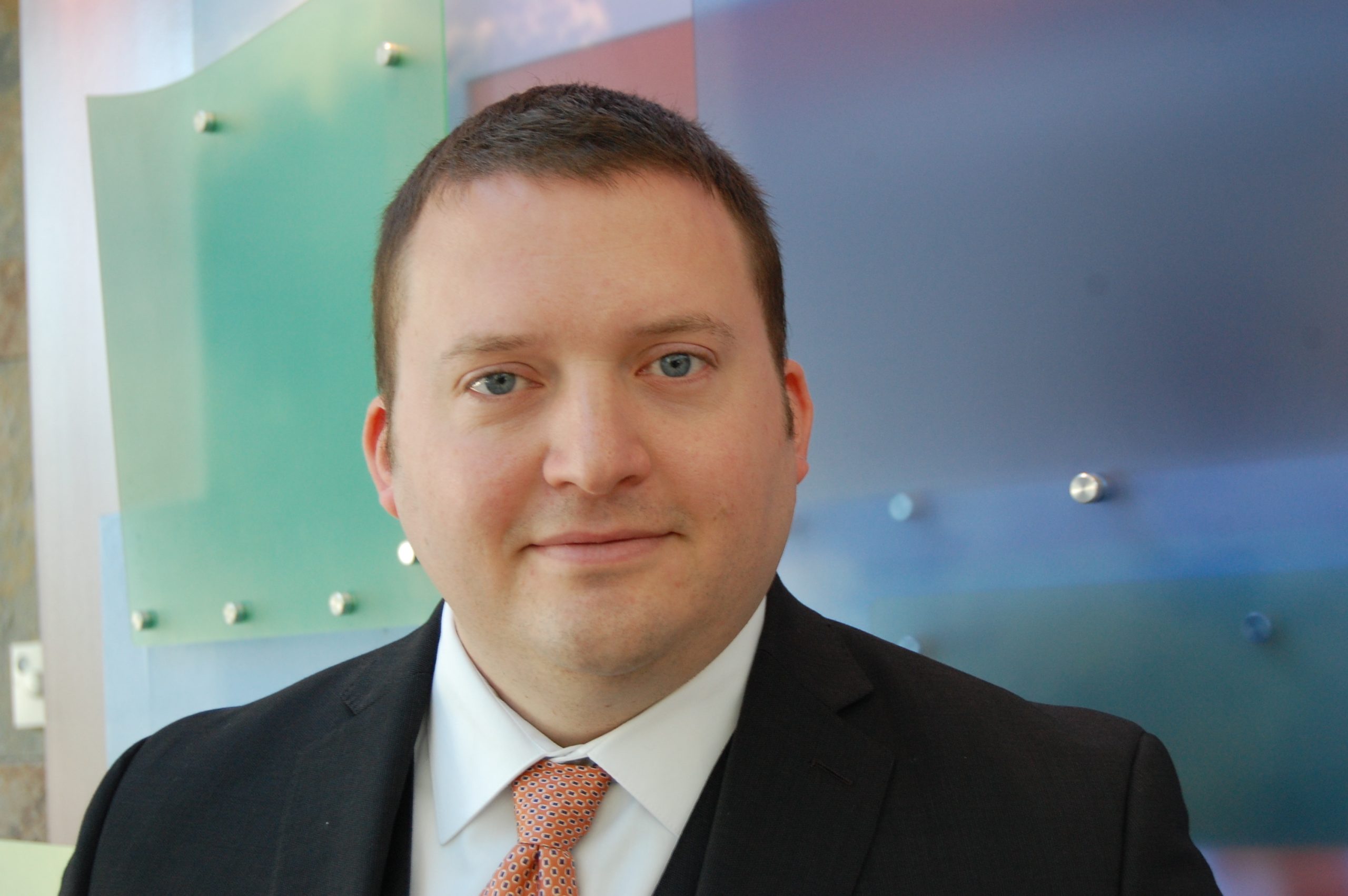
Medicaid Who’s Who: David Brueggeman – Medical Economist and Manager of Actuarial Science @ Caresource
1. Which segment of the industry are you currently involved?
A: I work at CareSource, an Ohio-based nonprofit health plan that serves nearly 2 million members spread across Ohio, Kentucky, Indiana, West Virginia and Georgia. Our membership is supported by a workforce of 4,000 employees.
2. How many years have you been in the Medicaid industry?
A: I have been in the Medicaid industry for seven years, concentrating on FP&A, Medical Economics, and Actuarial areas. Prior to joining the payer side, I spent three years on the provider side, which I think gives a healthy perspective of the challenges on both sides of the table – challenges magnified by the fact that Medicaid is often the lowest payer in the portfolio.
3. What is your focus/passion? (Industry related or not)
A: I try to understand the needs and motivations of others. In Medicaid, we are challenged with helping policymakers and sometimes our own staff in understanding the motivations of the populations we serve who may lead vastly different lives than our own. At CareSource, we have a Poverty simulation that our staff goes through to understand the mindset and day-to-day experience of our members, including those with chronic health conditions. I am a firm believer that you have to walk a mile in someone’s shoes if you want to truly understand them, and I apply that to both work and in my personal life.
4. What is the top item on your “bucket list?”
A: There are several people I would like to meet, including former President Barack Obama, Atul Gawande (surgeon and author of the Checklist Manifesto), and Richard Thaler (father of behavioral economics). I did most of the other items (skydiving, rock climbing, motorcycle riding, backpacking in Europe) before I had children in case something went terribly wrong.
5. What do you enjoy doing most with your personal time?
A: I enjoy spending time with my wife and two young children. A recent favorite moment involved laying in the grass explaining the vastness of space and all the interesting discoveries humanity is making about black holes and exoplanets to my intensely curious 6 year old. I am also a voracious reader of science, technology, business, and political magazines and blogs.
6. Who is your favorite historical figure and why?
A: Leonardo Da Vinci. His incredible breadth and depth of knowledge and ability to connect disparate concepts to create innovation are the same capabilities I strive for every day.
7. What is your favorite junk food?
A: Here in Dayton we have something called Killer Brownies from Dorothy Lane Market. They are incredible slices of heaven – brownies with chocolate and caramel and optional nuts – but not so good for the waistline.
8. Of what accomplishment are you most proud?
A: Early in my career at CareSource, I was assigned to an internal think tank that was tasked with figuring out how we could get past certain roadblocks in our member experience. Why was health so low on our member’s priority list? We really dug into the social determinates of health both from an academic and applied perspective. We also sat down with real members and asked them some important questions and gained key insights that led to the creation of our Life Services division, which is focused on assisting members with several aspects of the social determinants model. We are actively trying to help people move out of Medicaid and be the best version of who they can be.
9. For what one thing do you wish you could get a mulligan?
A: This is a difficult question. I would initially say that starting my career in banking was a mistake as I eventually realized that being a monetary lubricant was not a life goal for me; however, I learned a lot about technology and consumer-centric approaches that serve me well today. I believe the only true mistake is one you don’t learn from.
10. What are the top 1-3 issues that you think will be important in Medicaid during the next 6 months?
A:
One, as participants in IN, OH, and KY Medicaid programs which all have either approved or pending waivers, we are seeing firsthand both the opportunities and challenges that come with work requirements and “skin in the game” benefit designs. The jury is still out on whether these concepts will have the desired outcomes, but many states are jumping in with both feet.
Two, I think that Medicaid plans need to start collaborating more in designing value based models to minimized the burden on providers who are trying to accommodate ten or more models with differing goals and intentions from different payers.
Three, I think we as an industry need to start thinking about what health means to our populations and how we can best engage. At the TEDMED conference, I was inundated with app developers promising to move the needle. I asked a simple question: “If better health is #15 on the priority list of an individual, #1 being food, #2 being shelter… and #10 being Facebook, how does this move me above Facebook?” These are the questions we need to ask ourselves if we are going to have a real impact on our members’ lives.
